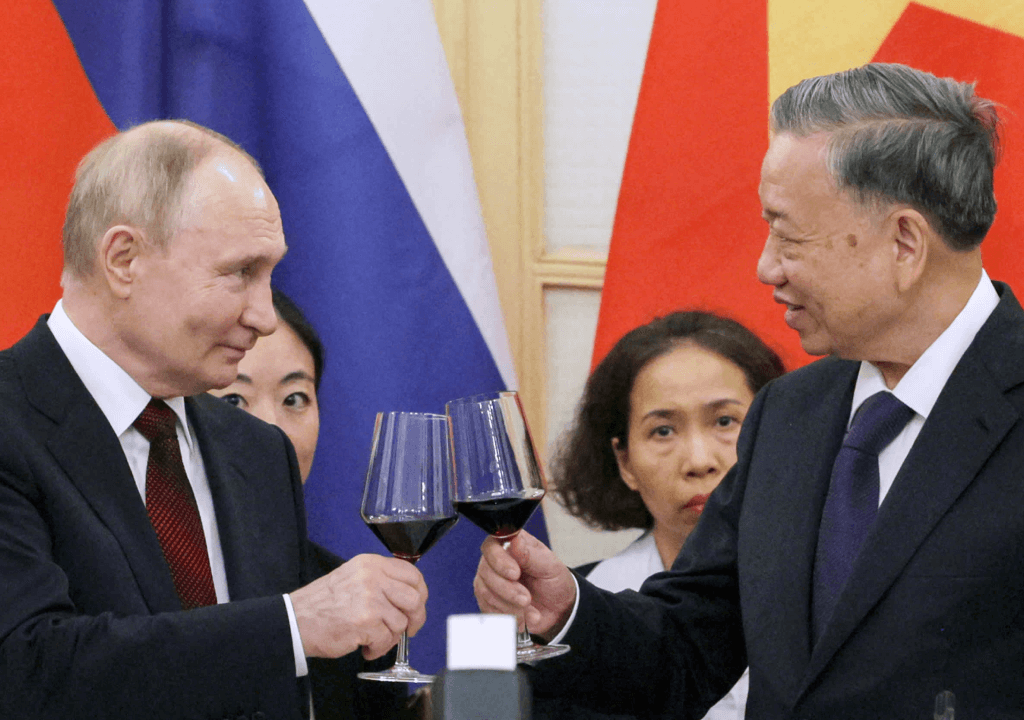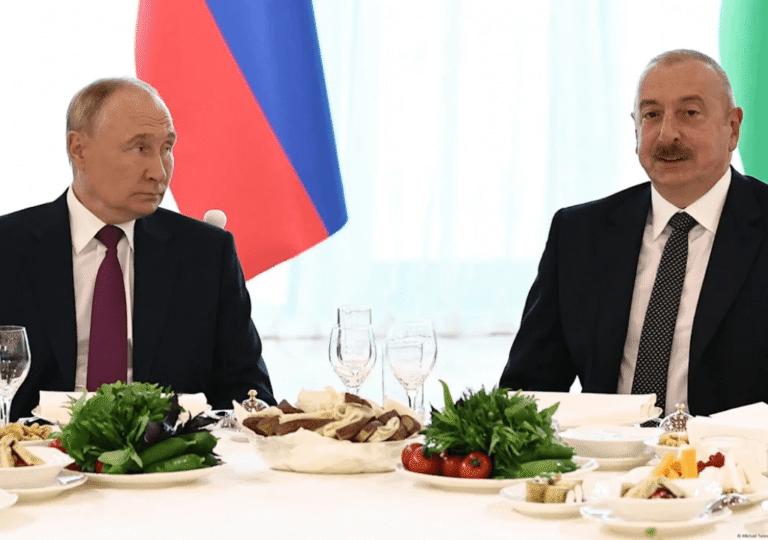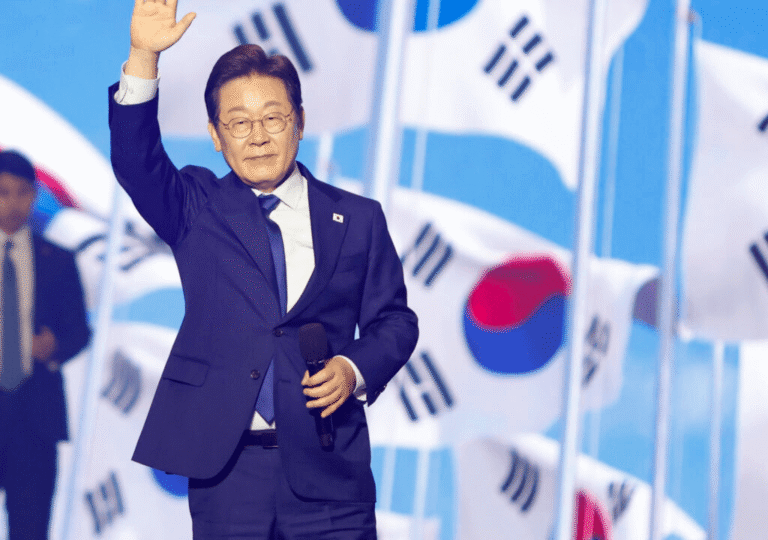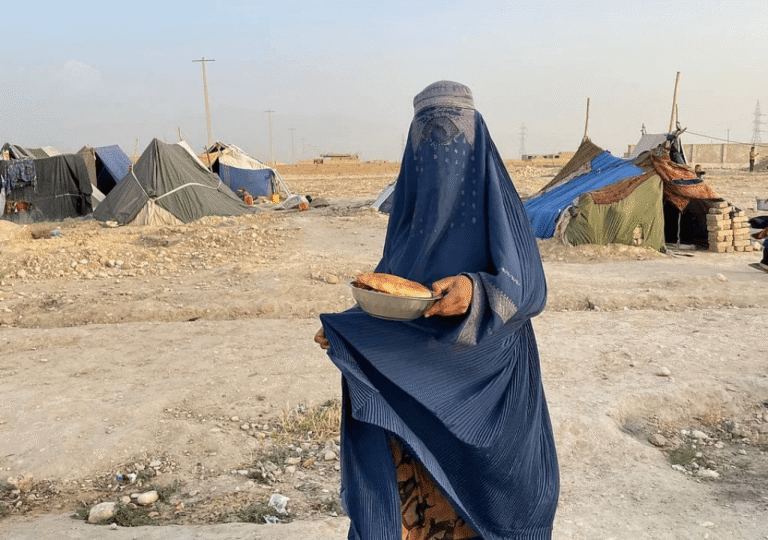Vietnam, the Southeast Asian communist country and birthplace of communist legend Ho Chi Minh, is known for its complex foreign relationships. Despite its communist single-party system and historical ties with the Soviet Union, Vietnam joined the non-aligned movement in 1976. Today, Vietnam is considered a friendly country in Asia by both Europe and the United States, who view it as a potential counterbalance to China in South China Sea disputes. Vietnam skillfully maintains good relations with other communist nations while being seen as a potential ally of the West in the region, engaging in significant diplomatic discussions and attracting European investments. However, Vietnam’s policy of non-alignment still causes confusion, especially following recent receptions of Western pariah Vladimir Putin and its ongoing ties with Russia.
Vladimir Putin’s visit to Hanoi is aimed at reaffirming Russia’s importance in the region and maintaining its relationship with the country. The Russian president landed at Hanoi airport on Thursday following a significant visit to North Korea. President Putin was greeted on the red carpet by Vietnamese Deputy Prime Minister Tran Hong Ha and top party diplomat Le Hoai Trung. Russia and Vietnam pledged to enhance their relationship. However, there are no reports that important military trade and aid agreements will be signed as they were in Pyongyang. Speaking to the press in Vietnam after his two-day visit to North Korea, Putin mentioned the possibility of providing high-precision weapons to North Korea and criticized NATO for posing a security threat to Russia in Asia. The increasing U.S. presence in Asia has become a significant concern for Russia. Meanwhile, the United States is forging more relationships in Asia, leading to shifts among traditionally Russian-aligned countries like India and Vietnam toward the West.
The Vietnamese president, To Lam, had earlier stated that his country and Russia aimed to enhance cooperation in defense and security, addressing non-traditional security challenges based on international law, for Regional and global peace and security. Lam and Putin signed 11 memorandums for cooperation in areas including civil nuclear projects, energy and petroleum cooperation, education, and disease prevention. Putin informed reporters that the talks were constructive and that both sides held “Identical or very close” positions on key international issues. In an opinion piece published in Vietnam’s Communist Party newspaper Nhan Dan to coincide with his visit, Putin listed progress on payments, energy, and trade between the countries, and commended Vietnam for supporting “A pragmatic way to solve the crisis” in Ukraine.
The outcoming statements and warm relationships with these two countries cast doubt on recent reports about Vietnam’s shift to the West. When U.S. President Biden visited the country, reports emerged suggesting that Vietnam, facing several disputes with China, was getting closer to the West and would join the bloc of Japan, South Korea, Taiwan, the Philippines, and Australia in opposing China’s dominance in the region. Visits by Vietnamese Communist Party leaders to Western countries and policy changes favoring business and investment have supported this view. However, Vietnam has repeatedly abstained from UN General Assembly votes relating to Russia’s war in Ukraine, despite its strong relationship with Europe. This suggests that while Vietnam may need the economic support of the West, the communist country cannot fully align with the West, positioning itself as a smaller version of China.
Vietnam’s leadership favors a so-called “Bamboo Diplomacy”, which sways with the winds and avoids picking sides in international disputes, including those involving Ukraine and the rivalry between the US and China. There is no doubt that Russia has a longstanding friendship with Vietnam, as many still remember the support the Soviet Union provided during past wars against the French and the US. The former Soviet Union was one of the first countries to establish diplomatic relations with Ho Chi Minh’s Vietnamese government.
However, the economy is the most potent weapon in the 21st century. Russia is not a major trade partner for Vietnam, and international sanctions have weakened Russia. The US, UK, and the European Union all announced new sanctions over the past week. Therefore, for the sake of its economy, Vietnam needs to make decisions in favor of the West. Trade between Vietnam and Russia amounted to just $3.5 billion in 2022, compared to Vietnam’s $175 billion trade with China and $123 billion with the US. More than Russia and China, the US is now crucial for Vietnam. A spokesperson for the US embassy in Hanoi warned before Putin’s visit that “No country should give Putin a platform to promote his war of aggression and otherwise allow him to normalize his atrocities”, and highlighted Putin’s international crimes. Although the likelihood of the US taking strong actions against Vietnam is low, given Vietnam’s importance in potential tensions with China, Vietnam, now mimicking China in the early 2000s, will need the economic support of Western countries. However, its communist government may struggle to maintain these relationships in the long term.








